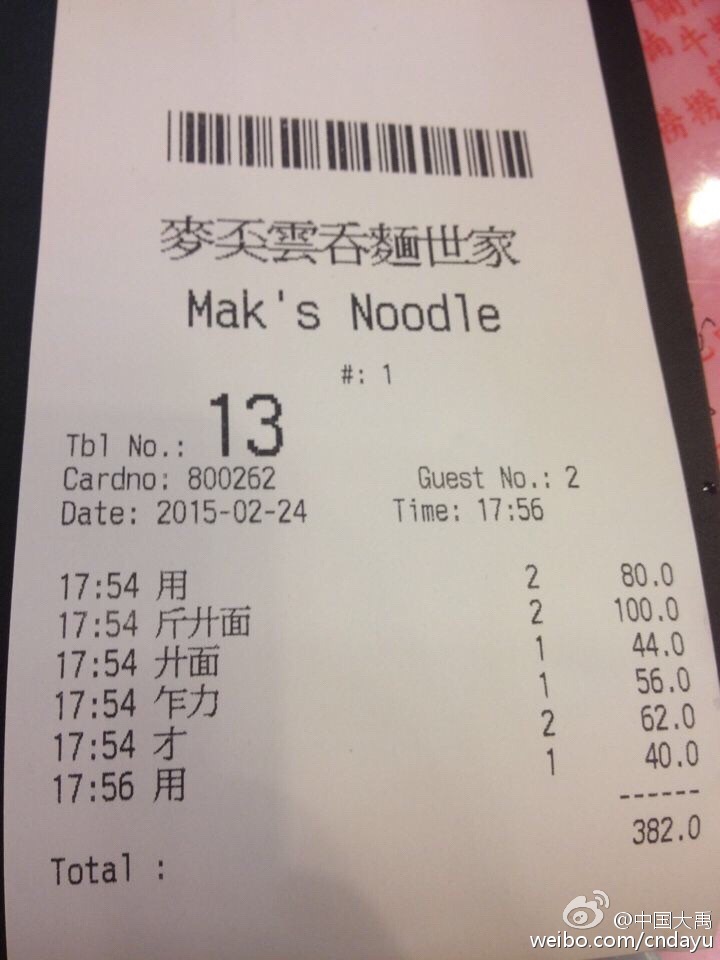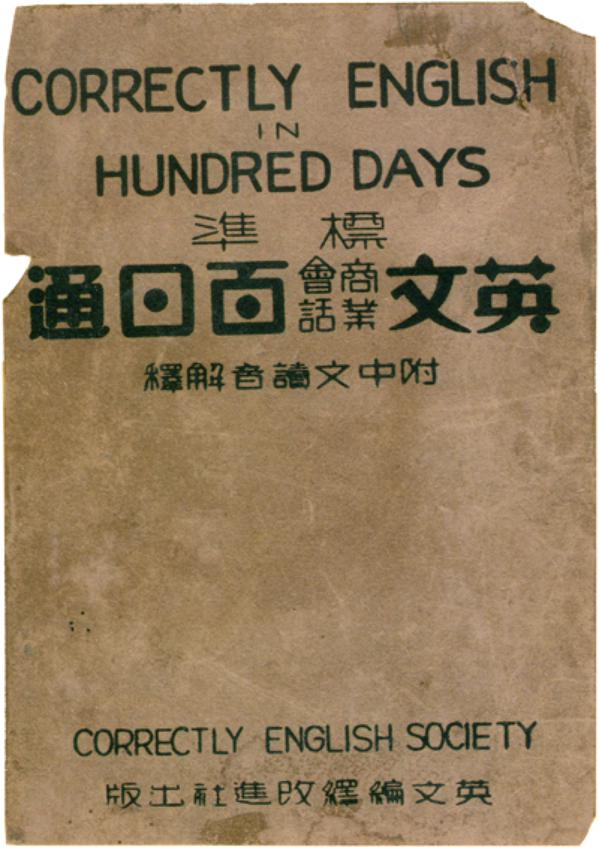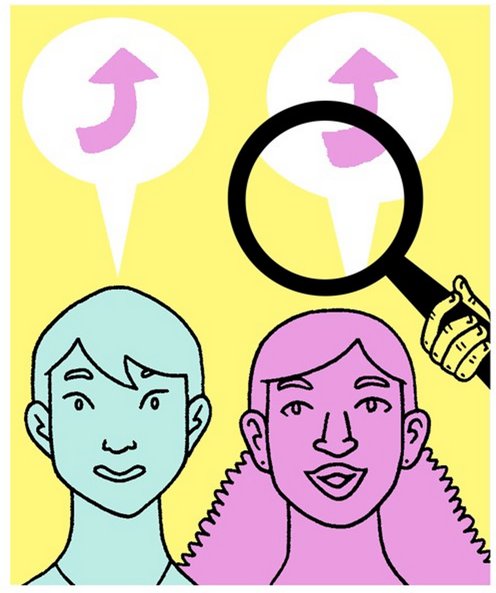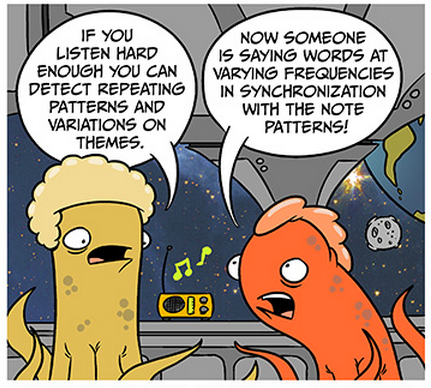You may have seen "The Ascent: Political Destiny and the Makings of a First Couple", now featured on the e-front-cover of The Atlantic magazine:

 If you click on the link, the top left of the resulting page bears a little tag telling you that you're reading "sponsored content" — and if you mouseover that tag, you'll learn that
If you click on the link, the top left of the resulting page bears a little tag telling you that you're reading "sponsored content" — and if you mouseover that tag, you'll learn that
This content was created by Atlantic Re:think, The Atlantic's creative marketing group, and made possible by our Sponsor. It does not necessarily reflect the views of The Atlantic's editorial staff.
One piece of that "The Ascent" page, down at the bottom under the heading "Frank and Claire: Patterns of Power", presents a bit of computational psycholinguistics:
We can tell a lot about ourselves by the words we use. But not the �big words. The small ones: you, we, I, me, can’t, don’t, won’t. In fact, �if we pan back far enough, we can see broader traits, like dominance and submissiveness. Which is exactly what we did by analyzing all �of Frank and Claire Underwood’s private dialogue throughout House of Cards Seasons 2-3, using a special �language-processing software. The results were fascinating.
This post gives a bit of the background of that segment, including my own small role in its genesis. The main point is to prepare the ground for a discussion of the ideas involved, which I think are interesting and important; but maybe a description of the process will also be interesting.
Read the rest of this entry »






